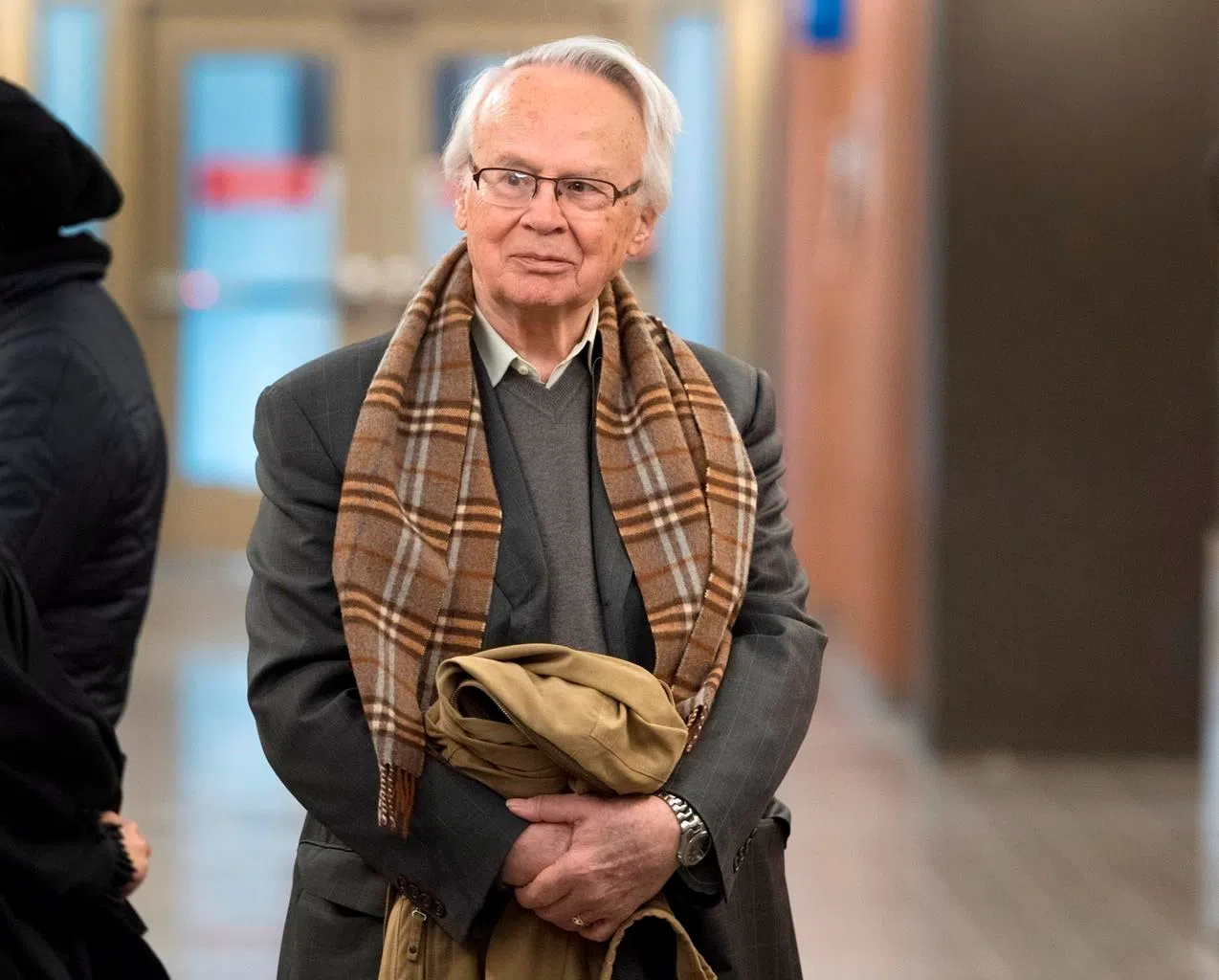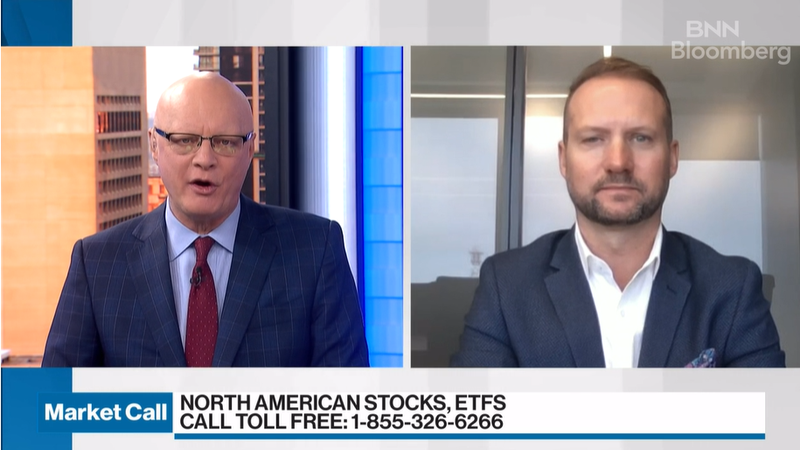
Jacques Corriveau found guilty on three fraud-related charges
MONTREAL — More than 10 years after being described as the “central figure” in an elaborate and lucrative sponsorship kickback scheme, a man once close to ex-prime minister Jean Chretien was convicted on three fraud-related charges.
A jury found Jacques Corriveau, 83, guilty on Tuesday after a trial in which the Crown alleged he pocketed $6.5 million by using his firm to defraud Ottawa in contracts awarded during the sponsorship program.
Crown prosecutor Jacques Dagenais suggested the prospects of recovering the entire sum from the former federal Liberal organizer are slim.
“Less than $1 million, excluding his residence, has been found,” Dagenais told reporters after the guilty verdicts were handed down.


